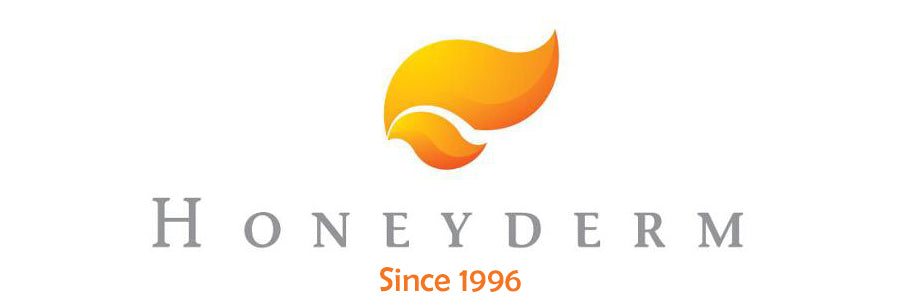FREE SHIPPING ON ALL DOMESTIC U.S. ORDERS OVER $99
FREE SHIPPING ON ALL DOMESTIC U.S. ORDERS OVER $99
November 01, 2022
By Mikial West
Zinc is known to play a part in the body's growth mechanisms and thus influences hair growth as well. Its intake not only helps boost hair growth but also revives hair color, strength, and texture. Below are the benefits of adding zinc to your daily diet:
How does zinc deficiency cause hair loss?
Zinc deficiency also known as hypozincemia leads to hair loss. Considering this, zinc levels in the body should be maintained. Zinc deficiency leads to hair thinning. A research study including 312 patients with hair balding problems indicated that zinc deficiency was linked to alopecia areta (AA) and telogen effluvium. Here’s what zinc deficiency does in your body: The protein structure of the hair follicle is altered which weakens it and causes hair to fall out easily. Furthermore, zinc is associated with the formation of DNA and RNA. Both these substances induce efficient division of follicle cells. Steroid formation is also alleviated which is linked with causing baldness in males.
Can we take zinc in excess?
A high level of zinc in the body influences the uptake of other minerals by the body. It supports the production of testosterone and other hormonal imbalances that leads to hair thinning and increased hair loss. Outcome Zinc levels in the body should be regulated daily. Deficiency or high level of zinc has a bad impact on the body. Zinc deficiency can also occur during pregnancy, alcoholism, gastrointestinal disorder, and vegetarianism. An average male needs up to 11 mg of zinc daily while a female requires 8 mg. Zinc not only benefits hair but also physical growth, immunity, and wound healing.
The Hairback® Shampoo formula utilizes ingredients from honeybees and extracts of botanical ingredients and nutrients that include: stinging nettle, propolis, saw palmetto, and zinc. Click here to learn more.
Comments will be approved before showing up.
February 14, 2026
Hair loss does not happen overnight. And it rarely has a single cause. Genetics, scalp inflammation, hormonal stress, immune imbalance, dandruff, and dryness can all play a role
February 01, 2026
Winter is one of the hardest seasons for your skin. Cold air holds very little moisture, harsh winds strip natural oils, and indoor heating dries the air even further.
January 06, 2026
Saunas have long been linked to relaxation, detoxification, and circulation. But their benefits may extend further than sore muscles and stress relief.
